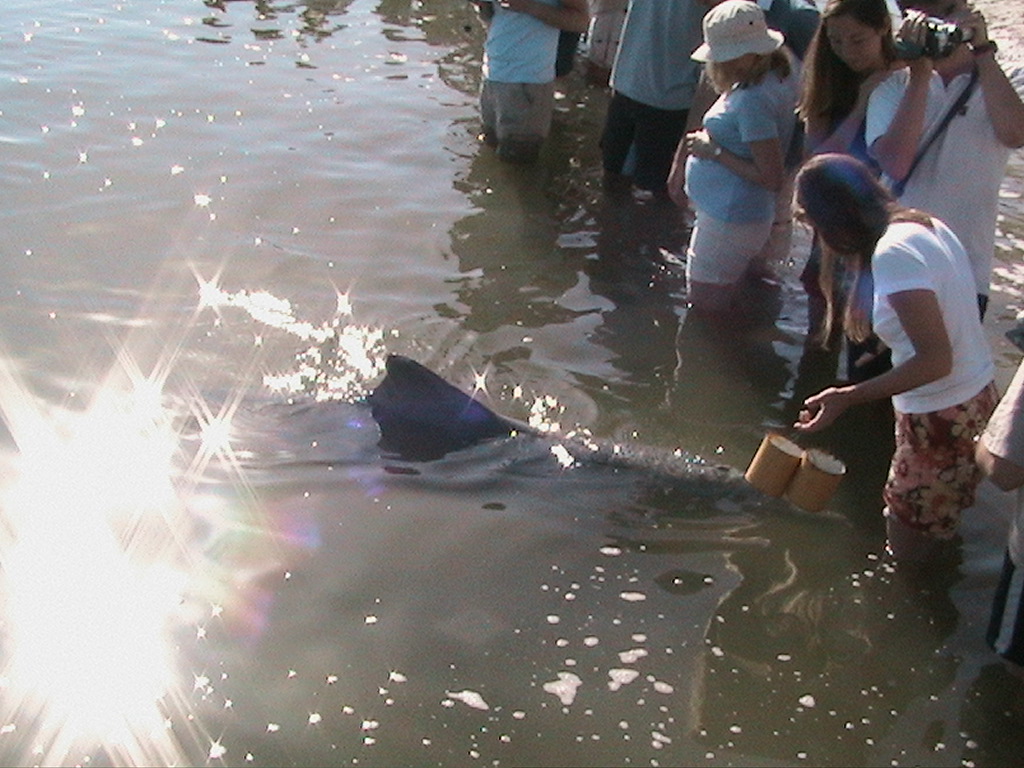Unwelcoming Nation: Why Have Some Conservative Politicians Ceased to Recognize Indigenous Lands in Australia?


Unwelcoming Nation: Why Have Some Conservative Politicians Ceased to Recognize Indigenous Lands in Australia?

Labor’s sweeping changes to bail laws ignite strong backlash from legal, human rights, and First Nations organizations in Victoria.

Urgent Reminder: Early Influenza Trends Signal a Challenging Flu Season Ahead As we transition into the colder months, the early emergence of influenza infections this year raises significant concerns among

Australia’s mutual obligation system is in disarray. Can expressions of regret and evaluations bring it back from the brink of suspension?
The shift among some conservative politicians in Australia to refrain from acknowledging Indigenous lands is complex and rooted in various socio-political dynamics. One possible reason is the increasing polarization around issues of nationalism and identity. Some politicians may feel that acknowledging Indigenous peoples undermines a narrative of a singular national identity, which can be appealing to certain voter bases.
Additionally, there is a perception among some that land acknowledgments and discussions about Indigenous rights are politically charged topics that could alienate constituents who may hold contrary views. This avoidance can also be a strategy to sidestep uncomfortable conversations about Australia’s colonial past and present socio-economic disparities faced by Indigenous communities.
Moreover, the rising influence of populism and anti-elitism in politics could lead some leaders to downplay or reject formalities seen as imposed by a perceived political ‘elite,’ which can include land acknowledgments.
Ultimately, the refusal to acknowledge Indigenous lands reflects broader cultural tensions and differing visions of Australia’s identity, history, and future. It’s a critical conversation that can shape the relationship between Indigenous peoples and the broader Australian society.